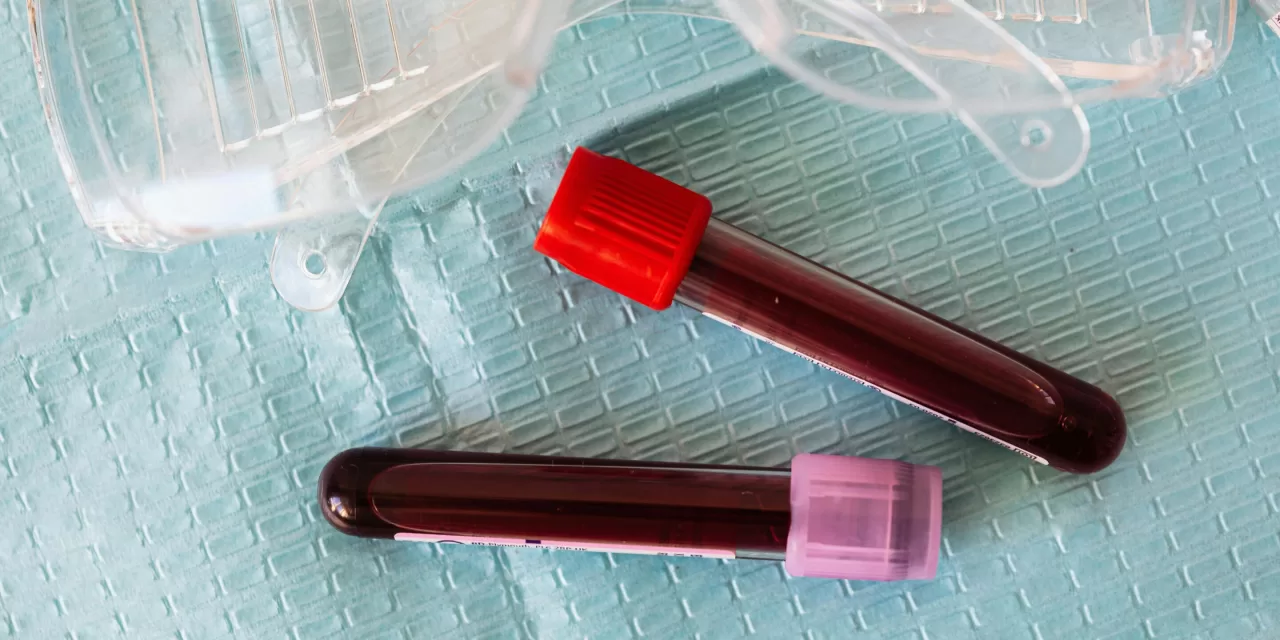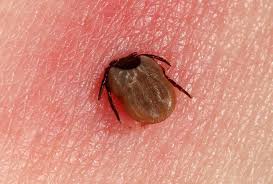The fight against cancer has taken a significant leap forward with the introduction of the Galleri blood test, developed by GRAIL, a California-based biotechnology company. This groundbreaking test is capable of detecting more than 50 types of cancer through a single blood draw, offering hope for earlier diagnoses and improved outcomes.
Tad Carper, the Dallas Cowboys’ senior vice president of communication, is among those who have benefited from this innovative technology. Recently diagnosed with Stage 2 throat cancer, Carper had no symptoms and was unaware of the test until it detected his cancer early enough for effective treatment.
“There is nothing more motivating and inspiring than hearing these stories,” said Dr. Josh Ofman, president of GRAIL. Carper’s story highlights the test’s potential to transform cancer detection by identifying cancers often missed by traditional screenings.
A New Approach to Cancer Screening
Current cancer screenings focus primarily on a few common types: breast, colon, and cervical cancers in women, and prostate and colon cancers in men. Lung cancer is also targeted for heavy smokers. While these screenings save lives, they overlook many aggressive and less common cancers that account for over 70% of cancer deaths in the United States.
The Galleri test addresses this gap by analyzing biological signals in DNA shed by cancer cells, identifying the cancer’s type and location with high accuracy. This comprehensive approach reduces reliance on single-cancer screenings and increases the chance of early detection across a broader range of cancers.
“This really is a game-changer,” Dr. Ofman explained. “With this new technology, we can now find many of the aggressive, early cancers, which fundamentally changes the way we think about cancer.”
How the Test Works
The Galleri test involves a simple blood draw, which is shipped to a lab in North Carolina. Results are typically available within seven to ten days, providing one of two outcomes:
- No cancer signal detected: Patients are advised to continue with routine screenings.
- Cancer signal detected: The test predicts the cancer’s location, prompting further diagnostic procedures like CT scans with a primary physician.
The test boasts a false positive rate of only 0.5%, significantly lower than the 10% associated with single-cancer screenings. This accuracy has already made an impact: 250,000 tests have been administered since Galleri’s launch nearly three years ago, and 380,000 individuals are participating in clinical studies.
Regulatory Progress and Legislative Support
Galleri has received a breakthrough designation from the FDA, and GRAIL expects to submit final data for full FDA approval by 2026. The test currently costs $949.
In Congress, a bill supporting Multi-Cancer Early Detection (MCED) screening has gained bipartisan support. The legislation would allow Medicare to cover tests like Galleri if clinical benefits are confirmed. With 318 House sponsors and 63 Senate sponsors, the bill’s approval could expand access to this life-saving technology.
A Personal Mission
Carper, inspired by his own experience, has become a vocal advocate for Galleri and the MCED bill. “Tad’s willingness to help bring awareness is so important,” Dr. Ofman said. “It will hopefully reach countless people who can then benefit from screening.”
The Galleri test represents a shift in cancer detection, offering a promising future where early diagnosis becomes the norm rather than the exception.












